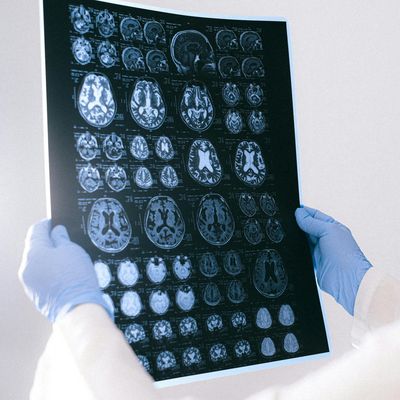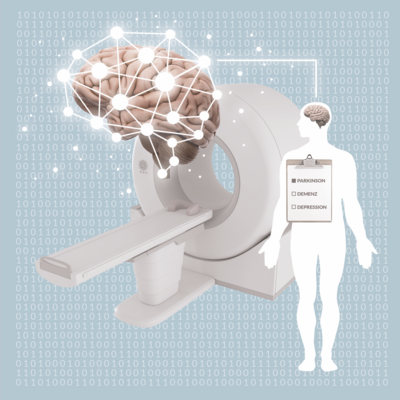Challenges in 3 D

Get out of pandemic isolation and get to the computers: that was the motto for the participants of the H^3 Helmholtz Autumn Hackathon in September 2021, who worked in direct exchange with each other again for the first time.
"With the hackathon, we wanted to create an event that, aside from the pandemic, would engage young Helmholtz scientists in machine learning (ML) and contribute to networking expertise from as many Helmholtz centers as possible," says Daniela Henkel, project manager of the Digital Earth Project, which co-hosted the hackathon. From September 8 to 12, 2021, 46 young scientists met in Gummersbach, Germany to tackle on various ML data challenges from the "Jülich Challenges" platform. Thematically, these are research questions that are addressed in programs of the FZJ and in the cross-center research areas of information, energy, and matter.
Participants from all over the Helmholtz Association
"For many researchers, it was the first opportunity since the beginning of the pandemic to have direct interaction and to network broadly within Helmholtz," says Sophie Ehrmanntraut (HIDA). Nine teams came together to work on five challenges. The participants represented 15 research institutes of the Helmholtz Association and its partners, including all Helmholtz Information & Data Science Schools (DASHH, HDS-LEE, HEIBRiDS, MarDATA, MUDS and HIDSS4Health) - a good opportunity for all members of the respective teams to contribute their ML expertise to other areas and applications and to learn from the others.
Prior to the hackathon, participants received an introduction to running ML models on Jülich's supercomputer, Europe's fastest computer. Keynotes by Ira Assent, Professor of Computer Science at Aarhus University, Ribana Roscher, Professor of Remote Sensing at the University of Bonn, and Everardo Gonzalez, researcher at the FB Marine Biogeochemistry at GEOMAR complemented the program during the Hackathon.
Working together to advance research fields
"The results are outstanding," notes Stefan Kesselheim, head of the Helmholtz AI Consultant Team at FZJ, who mentored the hackathon on site. In particular, the synergies created by bringing together different scientific perspectives both within and across teams are remarkable: Two groups approached the challenge of determining the total length of a plant root system from images. On the last day, both teams combined their approaches and were able to find a method that solves this difficult task very accurately. Sören Möller, a scientist at the Institute of Energy and Climate Research at FZJ, is also excited: "Excellent initial solutions were found in the new 'Ion Beam Challenge' that I provided. We will go through the results again in the next few days and can certainly publish the approaches." Möller is convinced: "This has really advanced my research field."
For all other challenges, too, solutions were developed and presented that equaled or even surpassed previous approaches. However, what makes the hackathon special is not only the search for more precise approaches to solving specific research questions; the participants also gain visibility for their achievements in the research field of machine learning and, at the same time, have the opportunity to build up their own scientific network. The interdisciplinary composition of the teams, consisting of people from different Helmholtz centers and all Helmholtz research fields, was particularly supportive of this.
For their part, the voices of the participants, which were collected anonymously after the event, speak for the success of the hackathon: "I can honestly say that I haven't had so much fun in a long time!" or "I was blown completely out of the water by how much fun everything was, which exceeded my expectations wholly" - to name just a few of the many positive impressions. For many, it will certainly not have been the last time to participate in a Helmholtz Hackathon, as someone else reports: "I already told my team at work about it and I told them, it is a must." - We keep you posted!
The H^3 Helmholtz Fall Hackathon was sponsored by Digital Earth and the Helmholtz Information & Data Science Academy (HIDA) and organized in cooperation with the Helmholtz Information & Data Science Schools MarDATA and HDS-LEE, with the Jülich Challenges and the Helmholtz AI consultants @ Forschungszentrum Jülich.











